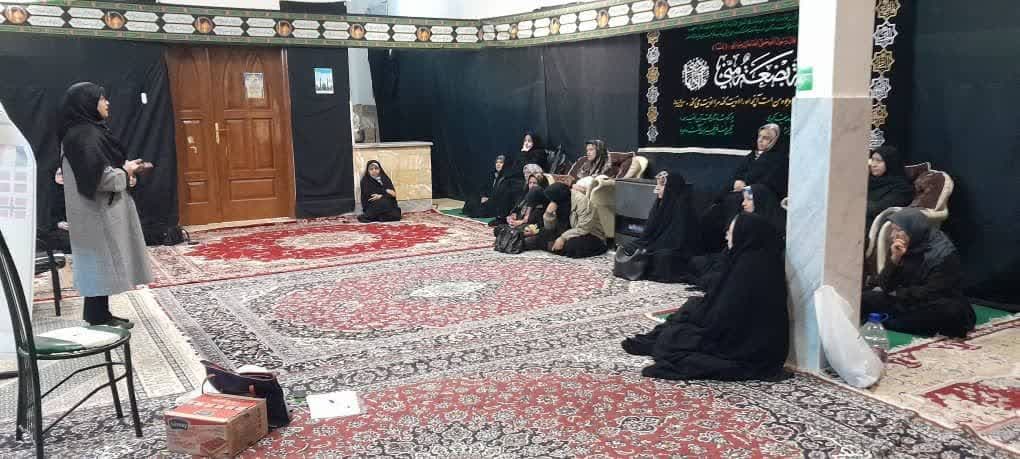.HAMI social service of Mashhad held series of workshops that are part of the series of psychology courses, life skills and mental health.
we in HAMI believe in necessity of these training for vulnerable groups specially refugees and immigrants.
in this workshop which has been hold in Gorogi which is one of the vulnerable and underprivileged areas on the suburbs of Mashhad city
more than 55 women participated in this session.
According to the UNHCR, around 15%-20% of displaced people experience mental health problems, and most of them on the mild part of the spectrum.
About one out of three asylum seekers and refugees experience high rates of depression, anxiety, and post-traumatic stress disorders (PSTD).
Prevalence estimates of mental health disorders vary widely from 20% to 80% with the breakdown as 4% to 40% for anxiety, 5% to 44% for depression, and, 9% to 36% in PST
What is mental health
Mental health is the state of your psychological and emotional well-being. It is a necessary resource for living a healthy life and a main factor in overall health.
Good mental health allows one to feel, think, and act in ways that help you enjoy life and cope with its challenges. The signs and/or symptoms include but not limited to.
- Feeling in control of your life and personal decisions
- Being able to cope with life’s challenges and stresses
- Functioning well mentally, such as being able to focus while at work
- Feeling physically healthy and getting enough sleep
- Feeling a sense of belonging in your community .
It is important to note that it does not mean the same thing as mental illness however, poor mental health can lead to mental and physical illness. The signs of poor mental health include but not limited to.
- Feeling sad, down, or low mood
- Excessive fears or worries, or extreme feelings of guilt
- Finding it difficult to control your emotions
Mental illness
Mental illness is the reduced ability for a person to function effectively over a prolonged period because of.
- significant levels of distress
- changes in thinking, mood, or behaviour
- feelings of isolation, loneliness, and sadness
- the feeling of being disconnected from people and activities
Trauma
Trauma is both the experience of, and a response to, an overwhelmingly negative event or series of events, such as interpersonal violence, personal loss, war, or natural disaster. In the context of violence, trauma can be acute (resulting from a single event) or complex (resulting from repeated experiences of interpersonal and/or systemic violence).
According to research carried out by The University of British Columbia, University of Northern British Columbia and Western University, Trauma can also result from what doesn’t happen, for example when systems fail to recognize and respond to people’s violence experiences.

